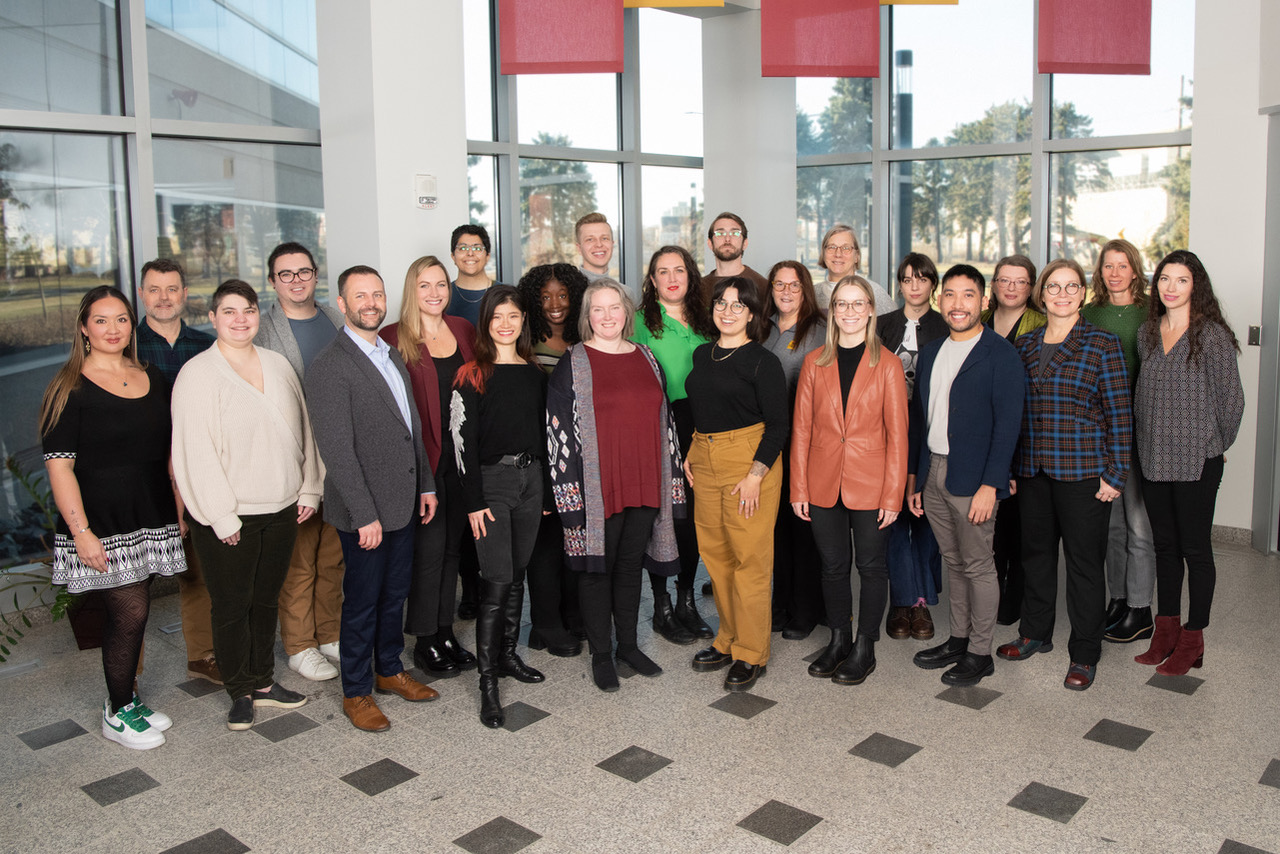Employment
World-class leadership in sexual and gender wellbeing.

The Eli Coleman Institute for Sexual and Gender Health (formerly the Program in Human Sexuality) is one of the largest clinical, teaching, and research institutions in the world specializing in human sexuality. We have a strong research agenda that has been supported by millions of dollars in state and federal funding, and we have developed innovative and effective treatment approaches to sexual and gender problems. The Institute has led the way nationally and internationally in crucial, often controversial, sexual issues and has worked with local, national, and international health agencies to advance public health policies promoting sexual health.
Current Openings
Bean Robinson Endowed Chair in Clinical Sexual Health
Bean Robinson Endowed Chair in Clinical Sexual Health
For more information and to apply, please visit:
Pepper Schwartz Endowed Professorship in Sexuality and Aging
Pepper Schwartz Endowed Professorship in Sexuality and Aging
For more information and to apply, please visit:
Postdoctoral Fellowship at ISGH
Job ID 359035
Postdoctoral Fellowship in Sexual and Gender Health
The University of Minnesota recognizes and values the importance of diversity and inclusion in enriching the employment experience of its employees and in supporting the academic mission, and is proud to be an Equal Opportunity Employer.
For more information and to apply, please visit:
https://hr.myu.umn.edu/jobs/ext/359035
Contact: Dr. Kristen Mark at kpmark@umn.edu
Research Director
Research Director
For more information and to apply, please visit:
Benefits
At the University of Minnesota, you’ll find a flexible work environment and supportive colleagues who are interested in lifelong learning. We prioritize work-life balance, allowing you to invest in the future of your career and in your life outside of work. The University offers a comprehensive benefits package that includes:
- Competitive wages, paid holidays, and generous time off
- Low-cost medical, pharmacy, dental, and disability plans
- Healthcare and dependent care flexible spending accounts
- University HSA contributions
- Employer-paid life insurance
- Employee wellbeing program
- Public Service Loan Forgiveness (PSLF) opportunity
- Financial counseling services
- Employee Assistance Program with eight sessions of counseling at no cost
Click here to learn more about benefits available as an employee of the University.
The University of Minnesota, Twin Cities (UMTC), is among the largest public research universities in the country, offering undergraduate, graduate, and professional students a multitude of opportunities for study and research. Located at the heart of one of the nation's most vibrant, diverse metropolitan communities, students on the campuses in Minneapolis and St. Paul benefit from extensive partnerships with world-renowned health centers, international corporations, government agencies, and arts, nonprofit, and public service organizations.
The Department of Family Medicine and Community Health at the University of Minnesota Medical School was created more than 50 years ago in response to a legislative mandate to train primary care physicians. Since then, we have been leaders in transforming the specialty through education, research, and patient care. We are the academic sponsor of eight family medicine residencies—five in the Twin Cities, three in Greater Minnesota. We are involved in medical student education activities across the Medical School's two campuses: Twin Cities and Duluth. We sponsor four fellowship programs—sports medicine, hospice and palliative medicine, behavioral medicine, and human sexuality— and offer continuing medical education opportunities. We are regularly among the top National Institutes of Health-funded family medicine departments. Our faculty are actively researching health disparities, healthcare delivery, and population health.
Diversity
The University of Minnesota provides equal access to and opportunity in its programs, facilities, and employment without regard to race, color, creed, religion, national origin, gender, age, marital status, disability, public assistance status, veteran status, sexual orientation, gender identity, or gender expression. Click here to learn more about diversity at the U.